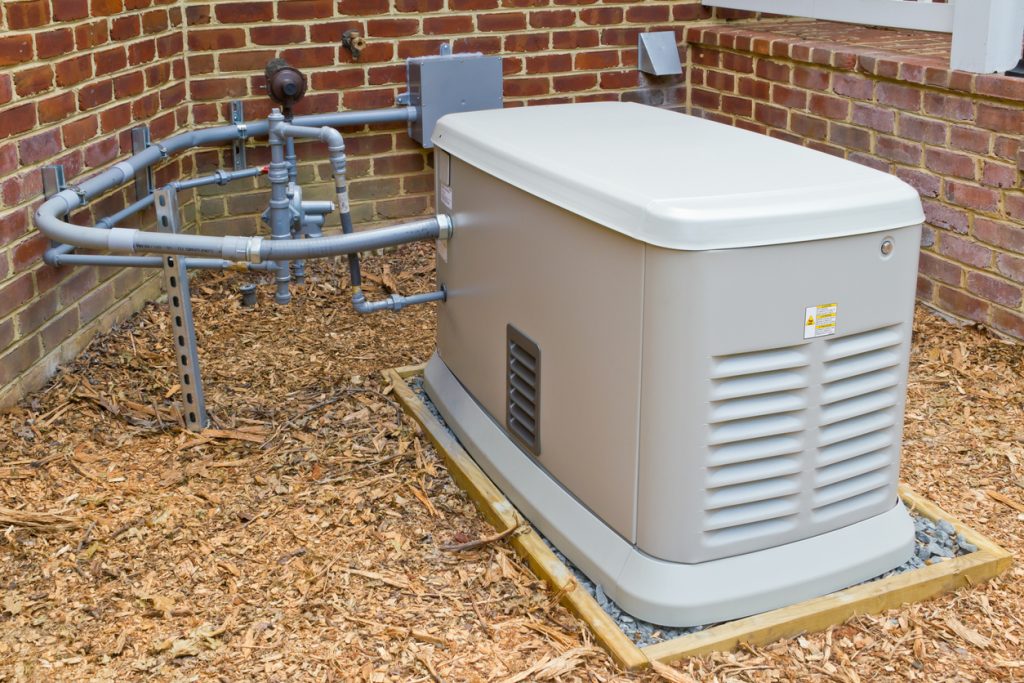Now that it’s fall, you want to get your home ready for colder weather. As the temperature drops, there will be more frequent storms. Some of these can be severe and leave you without power. The last thing you need is to have your generator fail you. Use the following tips to ensure it continues to be reliable and run smoothly.
Run Your Generator Periodically
Don’t wait for a power failure to find out that your generator isn’t functioning properly. Run it at least once a month for about 30 minutes. Plug in an appliance, such as a refrigerator, air conditioner, or portable space heater, to make sure it can handle the load.
Ensure You Have the Right Fuel
Look for unleaded gasoline with an ethanol content under 10%. While ethanol is fine for your vehicle, large amounts of it can gum up your generator’s carburetor. Never use old gas either. Change out the gas you have on hand every few months. If your generator runs on propane or is dual-fuel, be sure to have a full propane tank on hand.
Use a Fuel Stabilizer
Since gasoline does break down over time, use a fuel stabilizer to keep it fresh. A fuel stabilizer will remove water, clean the fuel system, and prevent separation. Most generator manufacturers recommend adding it whenever you fill the tank.
Add the fuel stabilizer to your gas while it’s still in the can. Once you have filled your generator with the gas and fuel stabilizer mixture, run it for a few minutes to distribute the stabilizer throughout the system.
Have the Oil Changed Regularly
Your generator needs oil to keep moving parts lubricated and dissipate heat. Most manufacturers recommend having the oil changed after the first 25 hours of use. After that break-in period, you’ll only need it changed every 50 hours. If your generator is running in a dirty or dusty environment, have it changed monthly. Check your owner’s manual for your generator’s specific needs.
Have the Air Filter Cleaned
Dust and dirt can clog the air filter, which restricts airflow to the engine. Clean your air filter every 50 hours to remove these contaminants and increase airflow.
Charge Your Battery
Charge the battery monthly, especially if you store it for extended lengths of time. It should come with a 12-volt charging cable that you can plug into the wall. You could also use a trickle charger. Keep in mind that some generators charge themselves while running. Check your owner’s manual for your generator’s needs.
Don’t take chances when it comes to your emergency generator. These tips will keep it functioning at its best. If you need further help with your El Paso, TX generator, contact Secure Contractors today.

